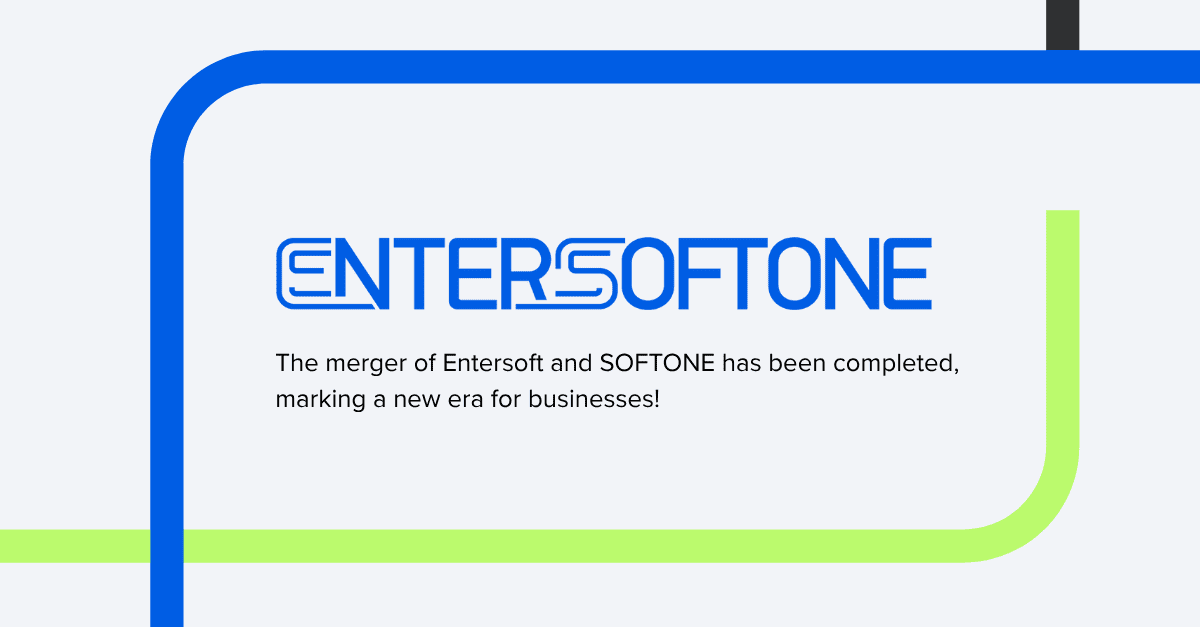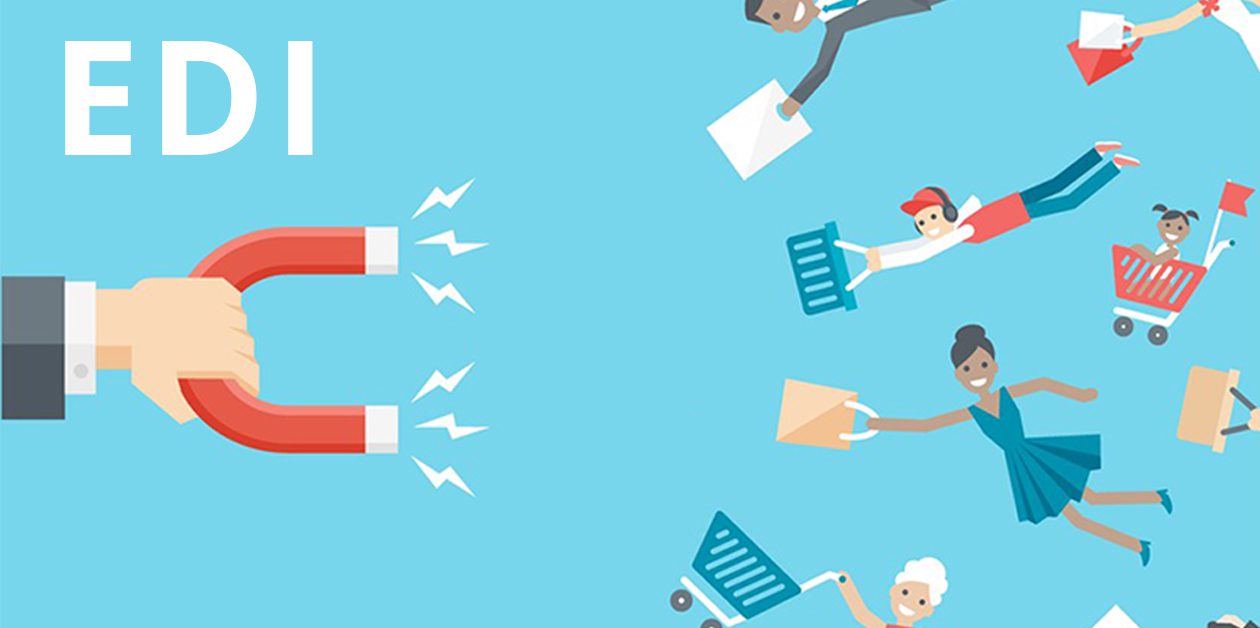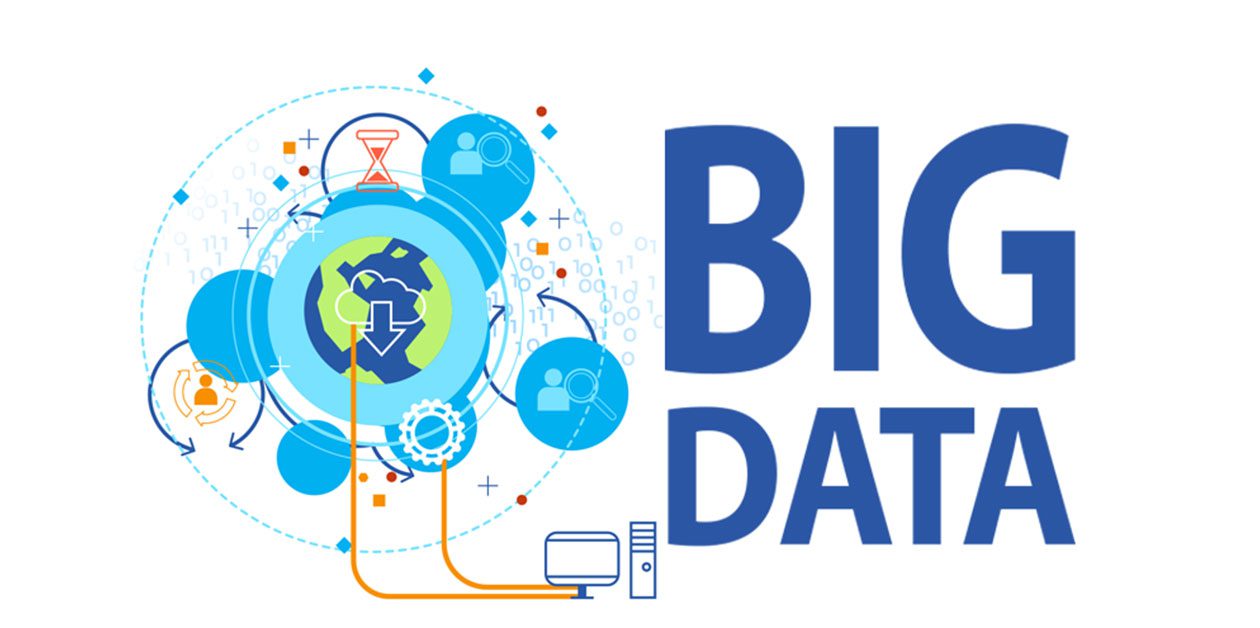Share
Read also

News & Events
ENTERSOFTONE: The merger of Entersoft and SOFTONE has been completed, creating the largest provider of business software products and services in Greece and Southeast Europe.

Mobility
Outlook for the BYOD and EM market from 2025 to 2035

Cloud
The Cloud CRM market will see impressive growth by 2033

Mobility
Key trends in Sales Force Automation
An ERP system manages to eliminate the independent systems used by the various departments and replace them with a single unified solution that consists of many different modules. That means that the different departments can still use their own systems, only these systems will now be interconnected, offering global access. If one also considers the flexibility provided by such a solution, it becomes rather obvious why business prefer it. But, let us take a closer look at the most important reasons for such a choice.
Financial data integration
When business executives try to understand the overall performance of their company, they come across different versions of the same reality. Accounting provides certain information on revenue, Sales has a different story to tell and the other departments also offer some info on their contribution to revenue. An ERP system, in this case, provides a single, indisputable version that no one can deny, since all departments are using the same system.
Customer orders data integration
Your ERP system is where each and every customer order “lives”, from the moment it is submitted until it is delivered and invoiced. Having all this information gathered in a single system, ensures communication and allows businesses to monitor orders and coordinate their operations easier.
Standardizing and accelerating business operations
Often enough, some big organizations -especially in constructions- discover that their subsidiaries are manufacturing their products using different methods and systems. The advantage of an ERP system in this case is that it offers standardized methods for automating some of the business-critical steps. Standardizing these operations and using a unified system can help your business save time, increase productivity and reduce its needs for additional personnel.
Inventory optimization
Apart from operation control and optimization, an ERP system can also help you improve the quality of your order submission process. This translates into better inventory control, while it also contributes to a better organized distribution of the products kept in stock. Finally, an ERP solution can significantly help the flow of your supply chain.
More effective HR
It is quite common for HR departments of businesses with multiple business units, to not have a common and simple method for monitoring the employees’ working hours and communicating with them about benefits and services. An ERP solution can be of significant help in this area as well.







